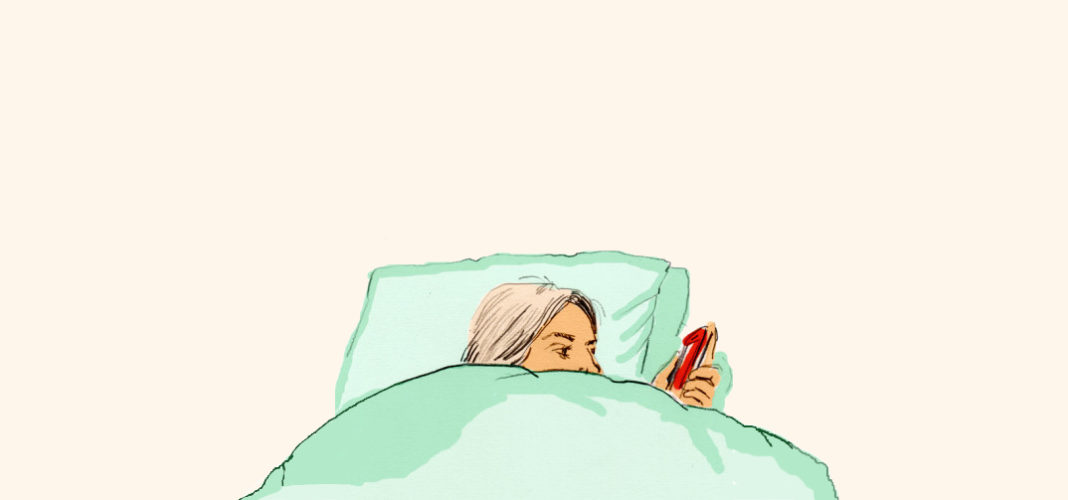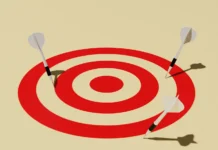If checking your phone is the first thing you do when you wake up, you may want to rethink your morning routine. Tristan Harris, Google’s Design Ethicist, explains:
When we wake up in the morning and turn our phone over to see a list of notifications—it frames the experience of ‘waking up in the morning’ around a menu of all the things I’ve missed since yesterday.
You are immediately thrown into catch-up mode. So much has happened since you went to bed. There are emails to respond to, messages to read, Snapchats to watch, Instagram photos to see, not to mention all the breaking news you need to stay abreast of. Your mind and your morning are hijacked.
Email deserves a special mention. It functions as a benevolent dictator—well-intentioned but ultimately toxic. A recent British survey of 2000 people across a variety of industries found that checking email early in the morning or late at night is linked to greater stress. Not surprisingly, those who received a constant stream of email throughout the day along also reported more stress than those who did not leave their email application running.
In a related study, participants were asked to check their email frequently for one week. The following week they went on an email diet—they checked email three times a day and disabled all notifications. Their stress levels decreased and their moods improved.
Why do we allow our daily lives to be hijacked by technology when we know (and studies show) it stresses us out. Harris cites FOMSI (Fear of Missing Something Important) as one of the main reasons:
Another way apps and websites hijack people’s minds is by inducing a “1% chance you could be missing something important.
If I convince you that I’m a channel for important information, messages, friendships, or potential sexual opportunities — it will be hard for you to turn me off, unsubscribe, or remove your account — because (aha, I win) you might miss something important.
This keeps us subscribed to newsletters even after they haven’t delivered recent benefits (“what if I miss a future announcement?”) This keeps us “friended” to people with whom we haven’t spoken in ages (“what if I miss something important from them?”) This keeps us swiping faces on dating apps, even when we haven’t even met up with anyone in a while (“what if I miss that one hot match who likes me?”)…But if we zoom into that fear, we’ll discover that it’s unbounded.
Harris concludes:
Imagine if tech companies recognized that, and helped us proactively tune our relationships with friends and businesses in terms of what we define as “time well spent” for our lives, instead of in terms of what we might miss.
How are you spending your time?
I wish you all the best,
Dr. Samantha Boardman






